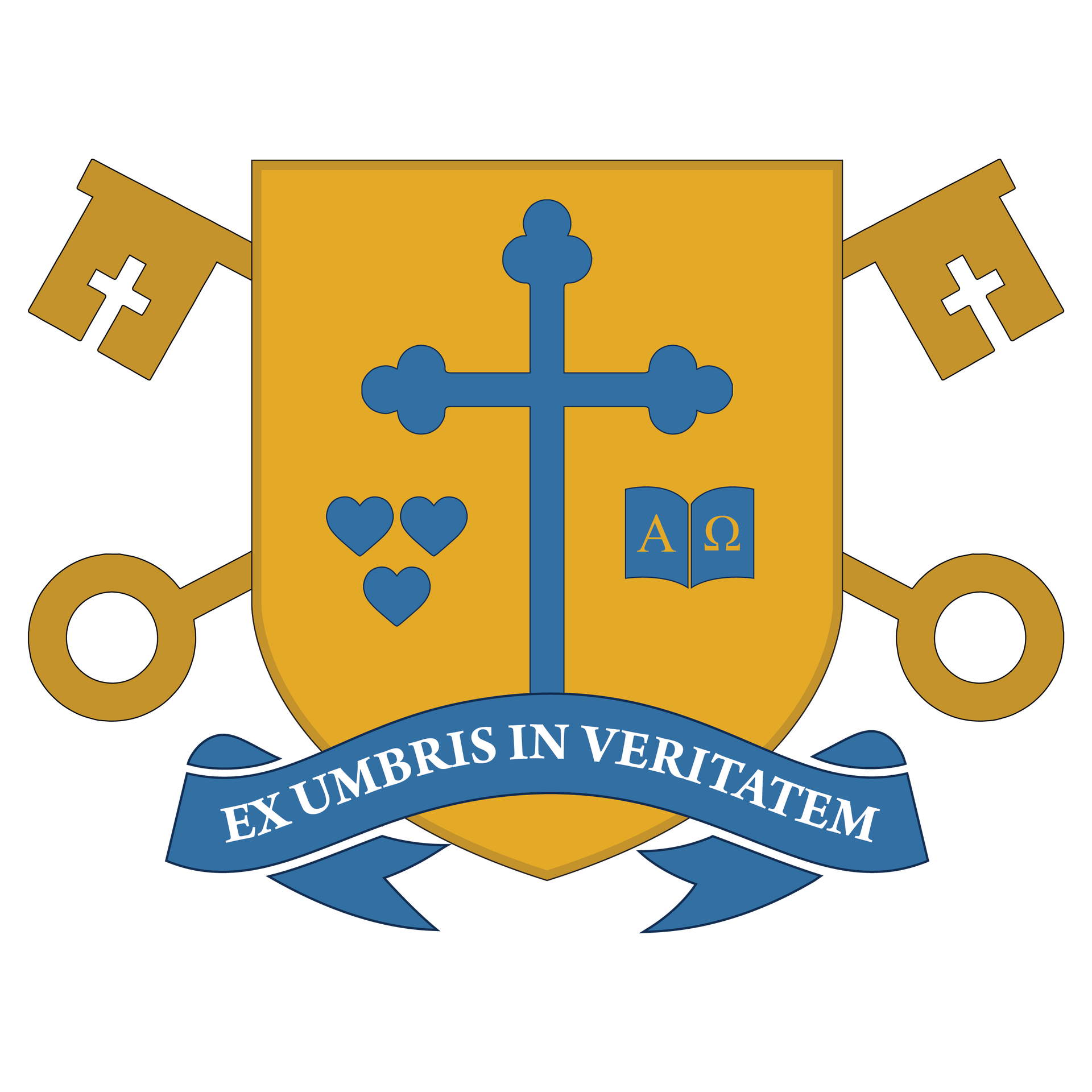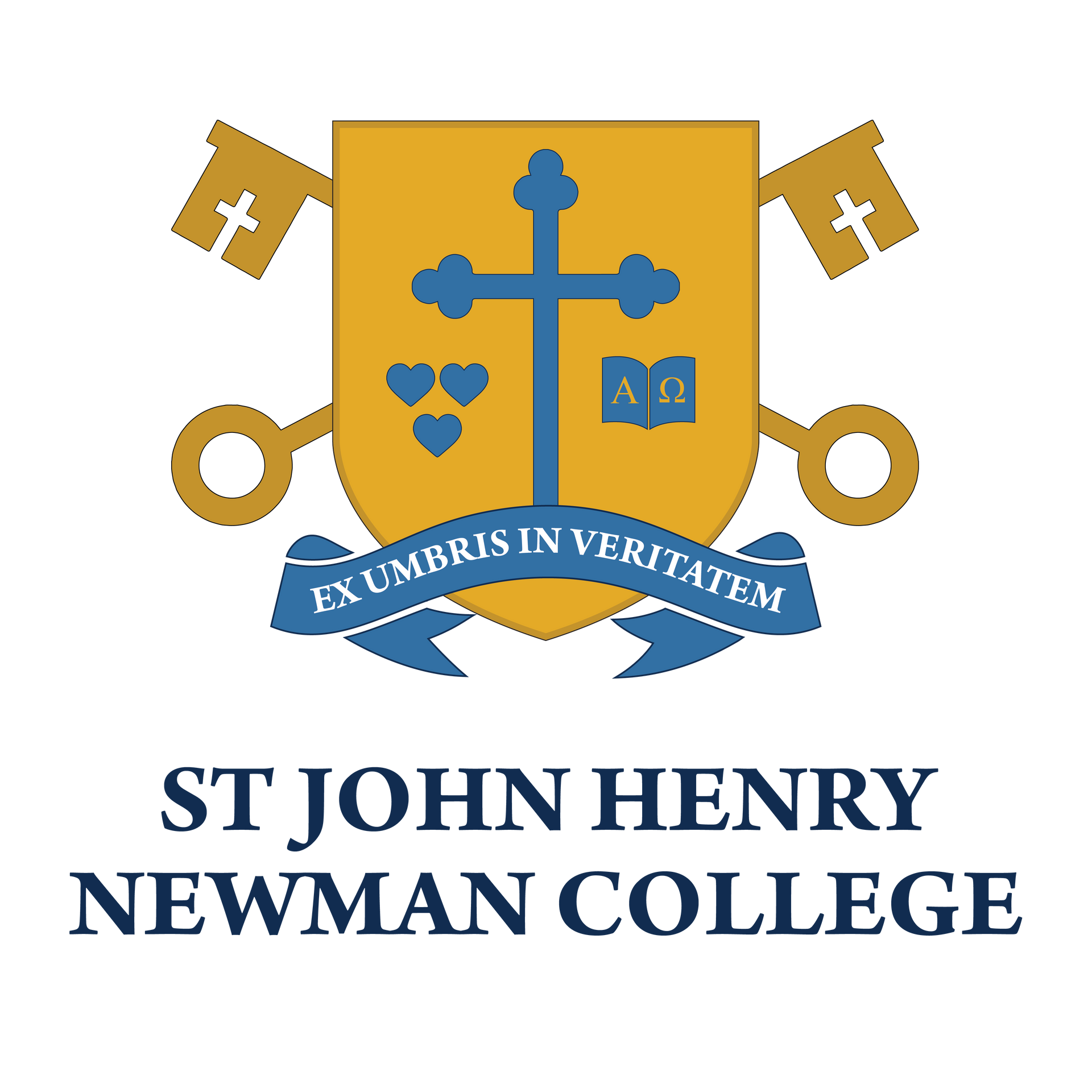What is a Classical Education?
One of the number one questions we get asked is "What is a classical education?"
It's one of those questions you could write a whole book on (and people have done just this). While there are a number of ways you can define a classical education, there are a few key elements that set it apart from the conventional approach to education in Australia:
The Purpose of Education
A classical approach to learning sees education as having more than just job-ready skills as its goal. More than this, the purpose of education is to cultivate wisdom, virtue, and authentic freedom in our students, teaching them to apprehend and love what is True, Good and Beautiful. For these things are ordered towards that ultimate end we are all made for - to know, love and serve God. In this way, whether a child will one day become a doctor, an electrician, a mother, an artist, a lawyer, or a priest, a classical education is an education for every student.
What We Study (curriculum)
Classical education focuses on grammar, logic, rhetoric as well as literature, philosophy, history and theology. At Newman College, these disciplines will be integrated into the usual subjects required by the national curriculum, as well as being explored in our school-based subject of 'Classical Studies' in the primary years.
How We Study (pedagogy)
Ours is an integrated education that intentionally works against the fragmentation of the typical Australian classroom. What students study in history will be reflected in the books they're reading in English and the great philosophers and saints they're learning about, whose works give expression to the defining ideas of that age.
The 'Great Books'
Often referred to as 'the best that has been thought and said', the Great Books are an umbrella term for the defining works of the Western World. Our students will embark on an age-appropriate journey through the greats - from Beatrix Potter and Aesop's Fables through to Aristotle and Dostoevsky. With their roots in Western Civilisation, these works are deeply connected to the history of the Church and explore the most fundamental questions of human nature and salvation.
Traditional Learning: Direct Instruction & Reading
A classical education returns to the traditional methods of instruction, with a strong focus on reading in the early primary years. This is because reading is the essential foundation upon which future learning is built.
At its heart, a classical education is more than just what happens in the classroom. It speaks to a school's culture of contemplation, enquiry and faith, where wisdom and virtue are cultivated and the joy of life-long learning is instilled.
Find Out More
If you would like to know more, you can check out the Educating Humans podcast, a show about classical education in Australia, co-hosted by our Principal Kenneth Crowther. In this episode, he tries to explain classical education in under 15 mins… How do you think he did?






